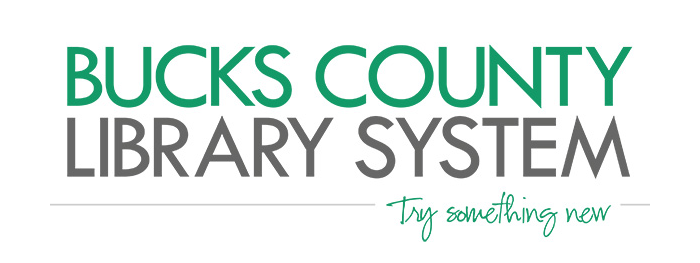$aving Bucks with your Library Card – includes Access to FREE Brainfuse Tutoring!
This week, we’re exploring a sometimes-overlooked community money-saving destination for free stuff: The Library.

by Marion Callahan
Since I was a kid when libraries were a place to read magazines, newspapers and the latest book releases, the number of technological gems has exploded.
A short visit to the Bucks County Free Library in Doylestown gave me a glimpse of what you can tap into from your library, as well as from your home.
The price? A free library card.
This week’s $aving Bucks wants to share all the new free treasures you can find at your local library — from new iPod-like gadgets like Playaways that play audiobooks to recent DVDs, online college-test prep materials and iPads.
These are items that would cost big bucks if you sought them elsewhere.
Another major benefit is you can reserve any of these items — even if they’re not at your local library — by ordering them from other sister libraries across the county.
Dig around and you’ll find software programs that help students prepare for standardized tests, communicate with a teacher to get help with homework or train for new careers.
Don’t have Internet service? Well, libraries offer wireless access for laptops and tablets. They also have computers, printers and, now, iPads that patrons, including children, can use.
Here are just a few resources touted by Chris Snyder, district consultant for Bucks County libraries, and the library’s website:
- eBooks, audiobooks and digital magazines: Patrons can download eBooks, audiobooks and digital magazines onto their computers, tablets or mobile devices using their library cards. All can be viewed on mobile devices after downloading a free app. You will need to use your personalized identification number (PIN) for this resource.
- Movies, music: Libraries today have extensive DVD movie collections. You can check them out for seven days.
- Brainfuse, live expert tutors: Students can access help online with homework, writing papers and interacting virtually with a professional teacher. Students can also take practice SAT exams and prepare for other standardized tests.
- Career, job and testing resources: Libraries have public computers for people who need to write résumés, work on projects or do research. Also available at the library and at home are local online job-searching resources. Patrons can get a professional to proofread a résumé and offer tips. Educational classes are also sprouting up to help adults learn software programs such as Microsoft Word, Excel or PowerPoint.
- Online research databases: Libraries subscribe to dozens of research tools cardholders can use from home. For most of these sites, you need to type in your library card number and, in some cases, a PIN you get from your library. Some popular databases are Ancestry.com, Power Library and EBSCOhost, which gives you access to archived newspaper and magazine articles, consumer health information and other research documents.
- Tumblebooks: Kids can read along or sit back and listen to picture books, easy readers and chapter books for children. This resource offers literacy-building games and puzzles and several books in French, Spanish, Italian, Chinese and Russian.
- Universal Class: More than 500 continuing-education classes are available, from computer technology to do-it-yourself to writing skills and language skills. These are non-credit classes taught by an expert in the field.
- Access PA: This is one of the best jewels yet. It allows a member of a participating library in one county or region to get library cards in out-of-area libraries.